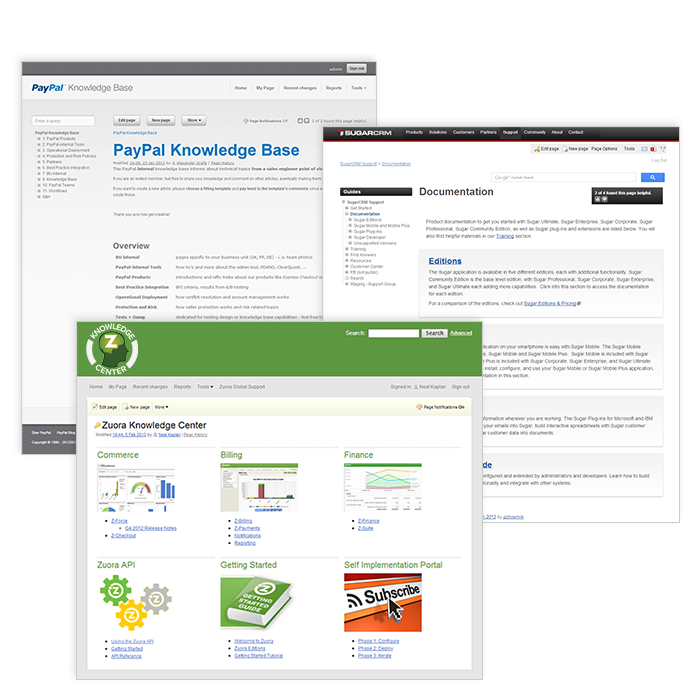MindTouch taps machine learning to put customer service on the offensive


This morning, the San Diego-based company MindTouch introduced a new version of its web-based, software-as-a-service tool that touts a new framework and algorithm set that can help it "learn" and optimize what it presents to different kinds of users.
The idea is to make customer support proactive and not reactive by "stopping customer problems before they occur," MindTouch says. The company calls it, nebulously, a "product experience platform."
Here are some concrete facts about it: it's in the cloud; it's got a web-based, self-service help center component; it integrates with SAP, Salesforce and Zendesk; it alllows for collaborative authoring; and it uses HelpRank machine learning to get smarter.
Officially, it's called MindTouch 4.
The company's value proposition hasn't changed in the almost six years since its inception: we'll help you respond to customers in need better than anyone, so they don't run off to a competitor. Intuit, Paypal, Autodesk, Hewlett-Packard, Palm, HTC, RSA, SAP and EMC are customers.
Key to that goal is the company's new, so-called LightSpeed content framework, which it says is easier to use than existing authoring tools thanks to automatic redirect management, version control, content reuse and a WYSIWYG editor.
And then there's the brain itself: HelpRank, a series of algorithms that continuously converts customer and agent behavior into increasingly optimized search results by incorporating factors such as back-links, metadata, shares, ratings, user roles and "a multitude of other metrics."
Both features are new to the platform.
"With contextual and personalized product knowledge plugged into all customer channels," founder and CEO Aaron Fulkerson said, "you make advocates out of your customers well in advance of them needing reactive help to a specific problem."
With an estimated $83 billion lost each year by U.S. enterprises due to poor customer experiences, there's a lot of money on the line. Is machine learning the answer? It certainly can't hurt.